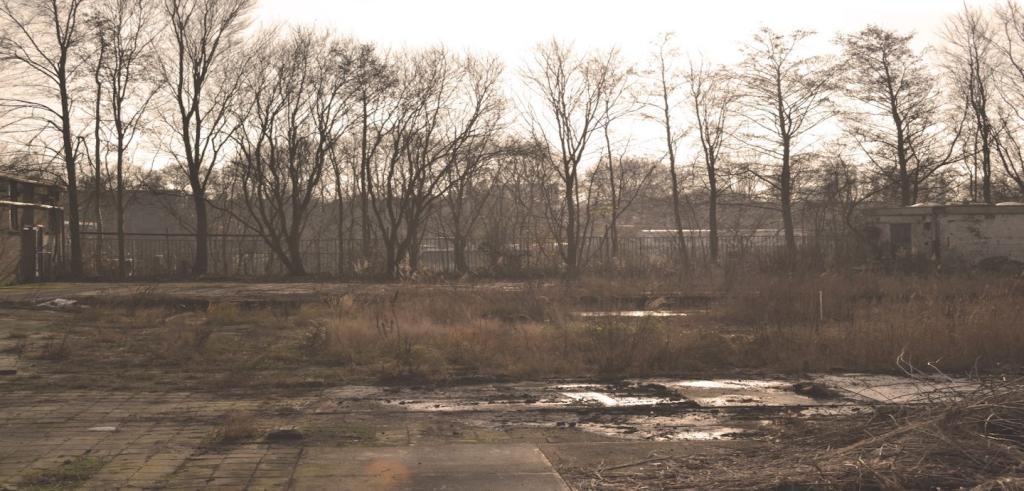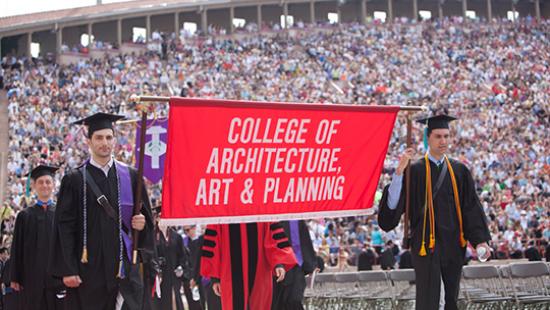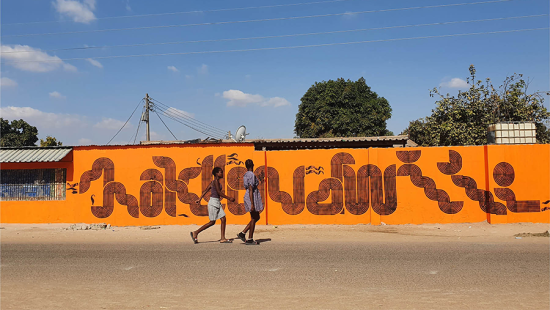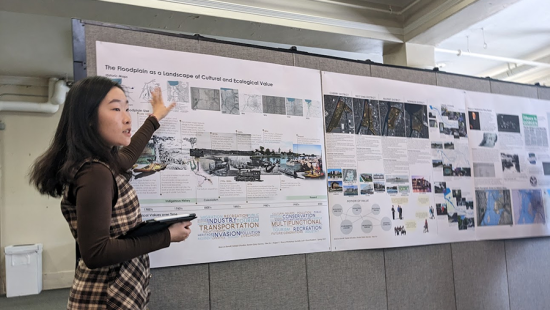Libera Amenta: Defining, Mapping, Reinterpreting Wastescapes

Area in a waiting condition: Amsterdam Metropolitan Area, 2016. image / Libera Amenta
Cornell in Rome Spring 2023 Lecture Series
Abstract
This lecture aims to show the relevance for urban design and planning of working with material waste and territorial remains. The latter, namely wastescapes, are understood as a complex system of underused, abandoned, or polluted territories, and they are crossed by resource flows. Wastescapes have been showing potential for the implementation of circular and sustainable strategies for a different kind of growth of contemporary cities. This lecture will thus explore wastescapes as a possible laboratory, for both research and practice, to experiment with circular urban transitions towards a long-term sustainability.
The lens through which to recognize and to re-interpret wastescapes builds upon circular economy and urban metabolism conceptualizations; thus, it allows architects and urbanists to understand them as opportunities to realize regenerative concepts related to the reconstruction of environmental, spatial, and socio-ecological values and to re-establish new balances and values (other than the economic ones) to face the intertwined challenges of contemporary territories. Wastescapes are presented as site-specific "spatial resources" to be recognized, mapped, and reinterpreted. This approach could represent a fundamental step to overcome problems related to both resource and land scarcity. The spatial regeneration of wastescapes in the built environment involves a re-thinking of the structure/function/accessibility of these areas in a larger metropolitan context.
To (re)design resilient, circular, and sustainable cities and territories, thanks to the regeneration of wastescapes, this lecture goes through the most relevant literature, and some practical examples of research projects, developed in the last decade, on the topic. In this way, it aims to show to what extent the regeneration of wastescapes could contribute to the achievement of circular cities through the spatialization of circular economy and circular urban metabolism principles.
Bio
Libera Amenta is a postdoc researcher in the Department of Architecture at the University of Naples Federico II, Italy, where she teaches urbanism at the Laboratory of Urbanism at the master level of the MAPA course Laurea Magistrale in Architettura Progettazione Architettonica and Urban Planning Design at the master level of the course Corso di Laurea Magistrale Architettura 5UE – one cycle. She has been, until recently, a postdoc researcher in the Department of Urbanism at TU Delft, The Netherlands, where she has also been a guest researcher. Since 2016, she has been carrying out research on topics regarding the circular regeneration of wastescapes as a member of the EU-funded Horizon 2020 REPAiR project. Her latest book is Beyond WASTESCAPES. Opportunities for sustainable urban and territorial regeneration. She is coeditor of Regenerative Territories. Dimensions of Circularity for Healthy Metabolisms (2022) and coauthor of the chapter "From Wastescapes Towards Regenerative Territories. A Structural Approach for Achieving Circularity," recently awarded "premio INU letteratura urbanistica - ottava edizione" by the National Institute of Urbanism (Istituto Nazionale di Urbanistica).




